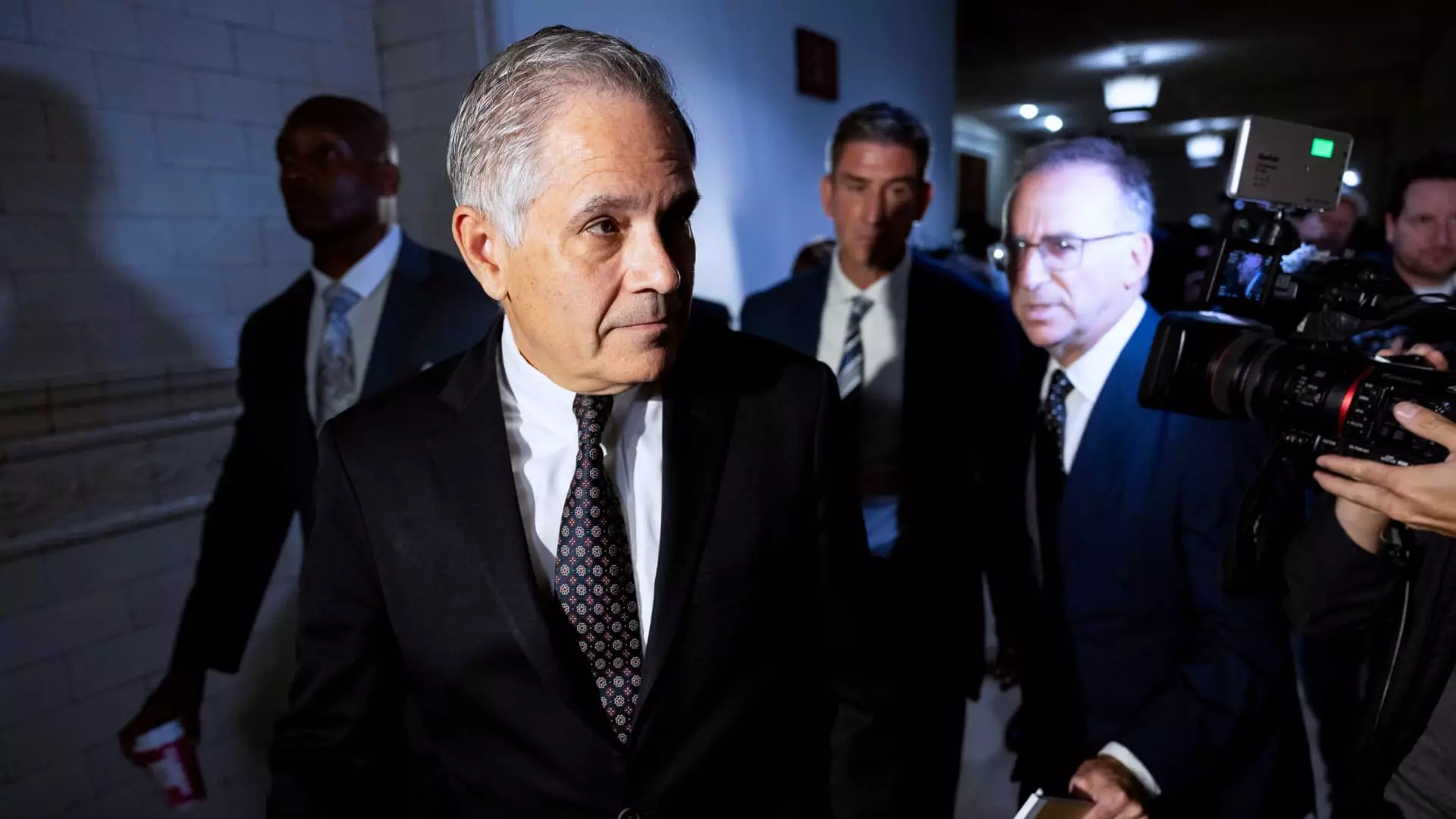In a dramatic court session in Philadelphia, District Attorney Larry Krasner’s testimony has amplified the ongoing controversy surrounding a political action committee (PAC) affiliated with Tesla’s CEO, Elon Musk. At the center of the conflict is the practice of giving away $1 million to registered voters in Pennsylvania and other swing states, a move Krasner describes as an “illegal” lottery that operates on the verge of fraud and deception. This situation presents a multifaceted look at the intersection of politics, legality, and ethics—a nexus that often fuels heated debate in American society.
Krasner’s allegations are serious; he asserts that Musk and his America PAC are fully aware of the illegality of their actions, and instead of rectifying this, they are attempting to manipulate the system to their advantage. The Pittsburgh County Court of Common Pleas is currently examining whether the PAC’s promotional strategy constitutes a violation of Pennsylvania’s consumer protection and lottery laws preceding the upcoming presidential election between Donald Trump and Kamala Harris.
During the hearing, Krasner emphasized that the PAC’s promotion, which claims to have distributed $16 million in prizes, amounts to a “scam” and a blatant “grift.” He firmly argued his stance by asserting that the First Amendment protections do not extend to criminal activities or fraudulent conduct. By asserting this claim, Krasner seeks to draw a line between legitimate political outreach and tactics that, in his view, disrupt the electoral process and potentially mislead the electorate.
Krasner’s position is further complicated by the fact that he is a registered Democrat. Despite accusations of partisan bias, he maintained that his political affiliations had no bearing on his legal actions against Musk. His previous endorsements of high-profile Democratic figures, including pop star Taylor Swift, were unflinchingly acknowledged—he bluntly stated he would have taken similar legal action against her if she were engaged in comparable activities. This logical consistency adds weight to Krasner’s claims, as it suggests that his motivations are rooted more in principle than partisan interests.
In response, Chris Gober, formerly the treasurer of America PAC, offered a counter-narrative. He characterized the court drama as an attempt by Krasner to inhibit free speech, framing it as a politically motivated struggle against Musk for his support of Trump. He contended that no matter how powerful Krasner is, he cannot undermine constitutional rights that are foundational in American democracy.
Gober further argued that the PAC’s so-called lottery is not illegal because there are no actual prizes to be won in a traditional sense. Instead, he asserted that the process is based on contractual obligations to act as spokespeople for the PAC, positioning those selected as participants in an agreement rather than mere lottery winners. His defense hinged on the idea that the word “random,” often used to describe winner selection, is interchangeable with “by chance,” which he contended is an accepted aspect of promotional campaigns.
However, Krasner’s legal team picked up on Gober’s statements, viewing them as admissions of potential liability. The DA pointed to ongoing criminal investigations that suggested otherwise—that selection was indeed supposed to be truly random, thus reaffirming his legal position. This tension reveals a legal chess match; Krasner is determined to challenge the legitimacy of the PAC’s operations, whereas Gober is equally resolved to uphold them under the guise of First Amendment rights.
As the court hearing unfolds, the stakes grow higher with each testimony. Krasner’s accusations challenge the boundaries of campaign financing and political conduct, while Gober’s defense showcases the deep-rooted challenges in navigating political speech and legality. This case raises essential questions regarding the intersection of politics and law, as well as ethical campaigning practices. While the outcome remains uncertain, the implications for similar future endeavors could be significant, shaping the landscape of political action committees and their operations in the lead-up to key democratic events.

Leave a Reply